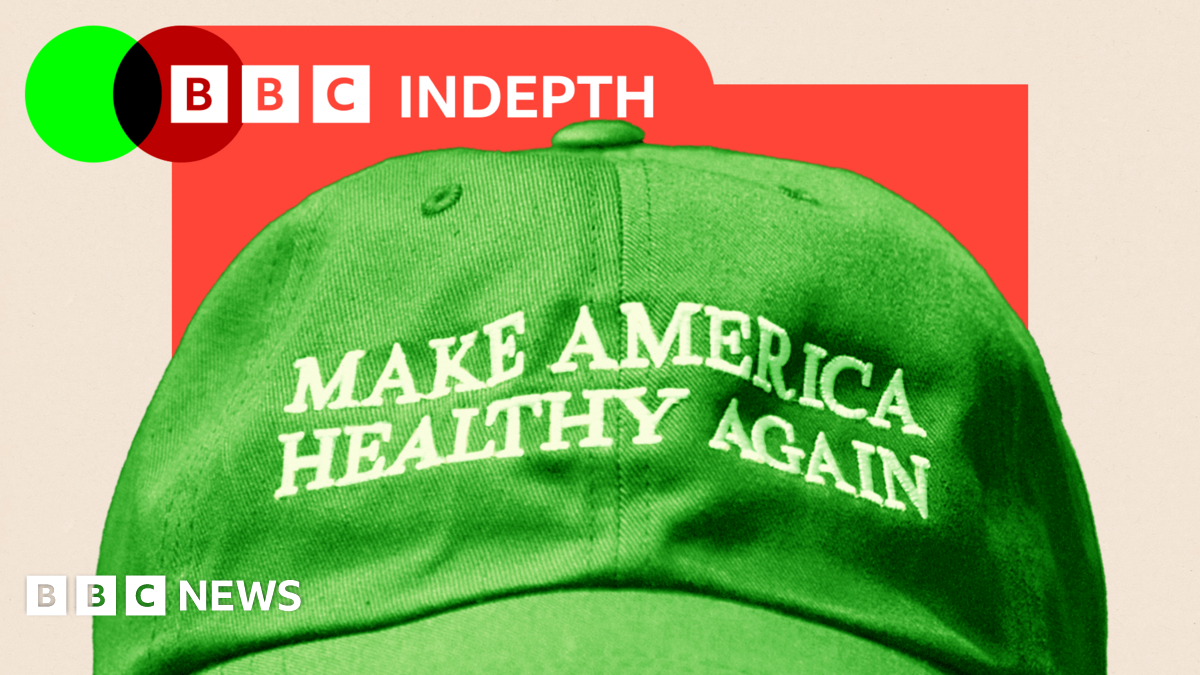“He can’t change everything in a short amount of time, but I think the issue of food dyes will soon be history,” says Ms Hari, who testified before the Senate on this subject last year.
But others worry that the flurry of announcements on additives is tinkering around the edges of what is a much wider problem.
“While some of these individual actions are important, they are a drop in the ocean in the larger context of chronic disease,” argues Nicola Hawley, professor of epidemiology at Yale School of Public Health. “There is a focus on personal choice and access to natural food, but that completely ignores the big, systematic and structural barriers [to healthy eating] like poverty and really aggressive marketing of junk food to children.”
The US government, for example, still heavily subsidises crops including corn and soya beans, key ingredients in processed foods.
Kennedy is now updating the US national dietary guidelines, an important document used to shape everything from school meals to assistance programmes for the elderly. A reduction in added sugars and a switch to more locally-sourced whole foods is expected. Plus he has called on states to ban millions of Americans from using food stamps, a welfare benefit, to buy junk food or sugar-sweetened drinks.
He has also backed local officials who want to stop adding fluoride to drinking water, describing it as a “dangerous neurotoxin”. It is used in some countries, including in parts of the US, to prevent tooth decay, and whilst there is still debate about the possible health effects, the NHS says a review of the risks has found “no convincing evidence” to support any concerns. Other fluoride research has found the mineral only has detrimental health effects at extremely high levels.
Prof Hawley also argues there is a tension between Kennedy’s “important message” on food and chronic disease, and what she feels is a lack of policies backed by solid scientific evidence.
“You’ve got this challenge of him drifting into misinformation about the links between additives and chronic disease, or environmental risk factors,” she argues. “And that really just undermines the science.”
